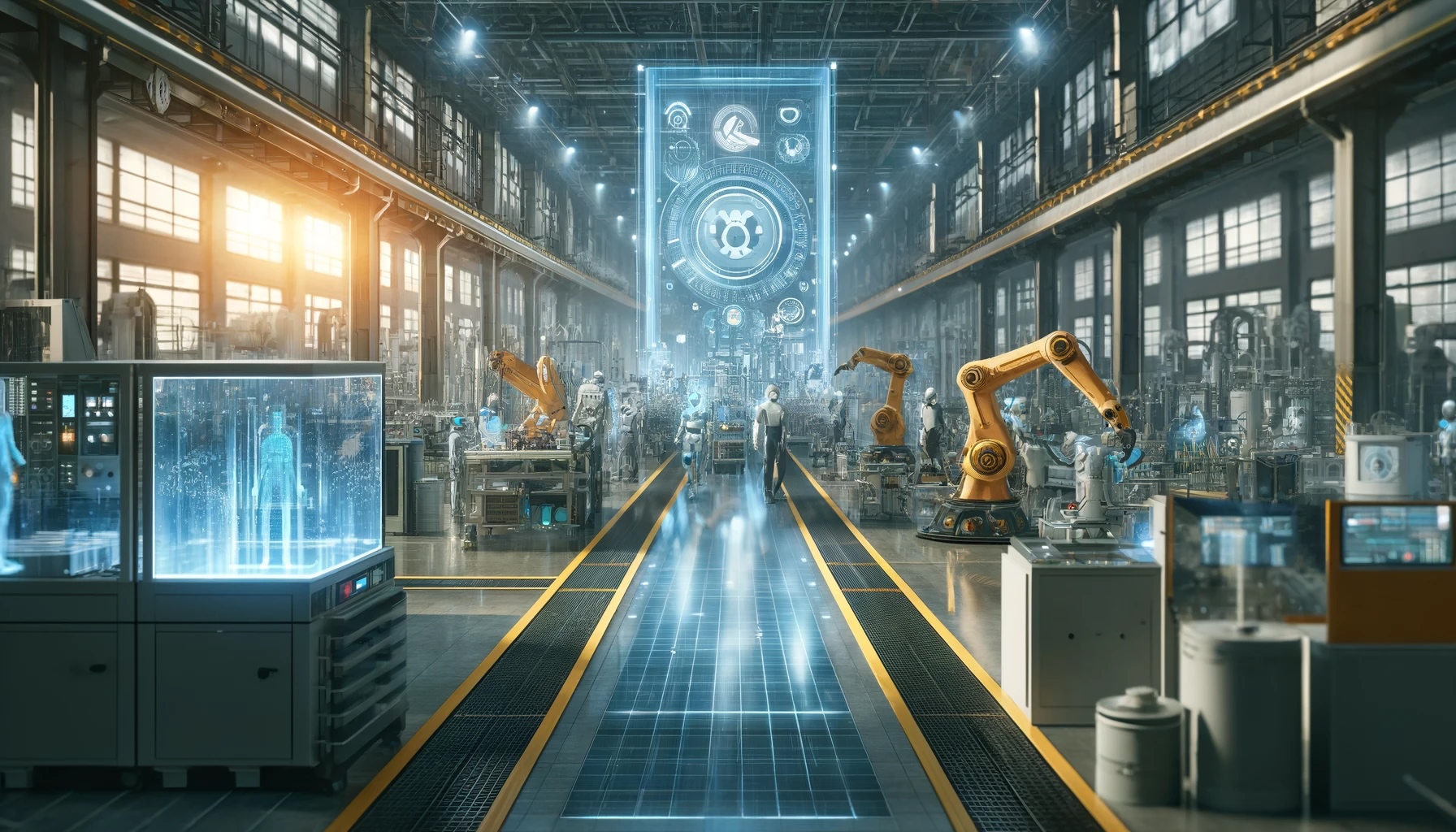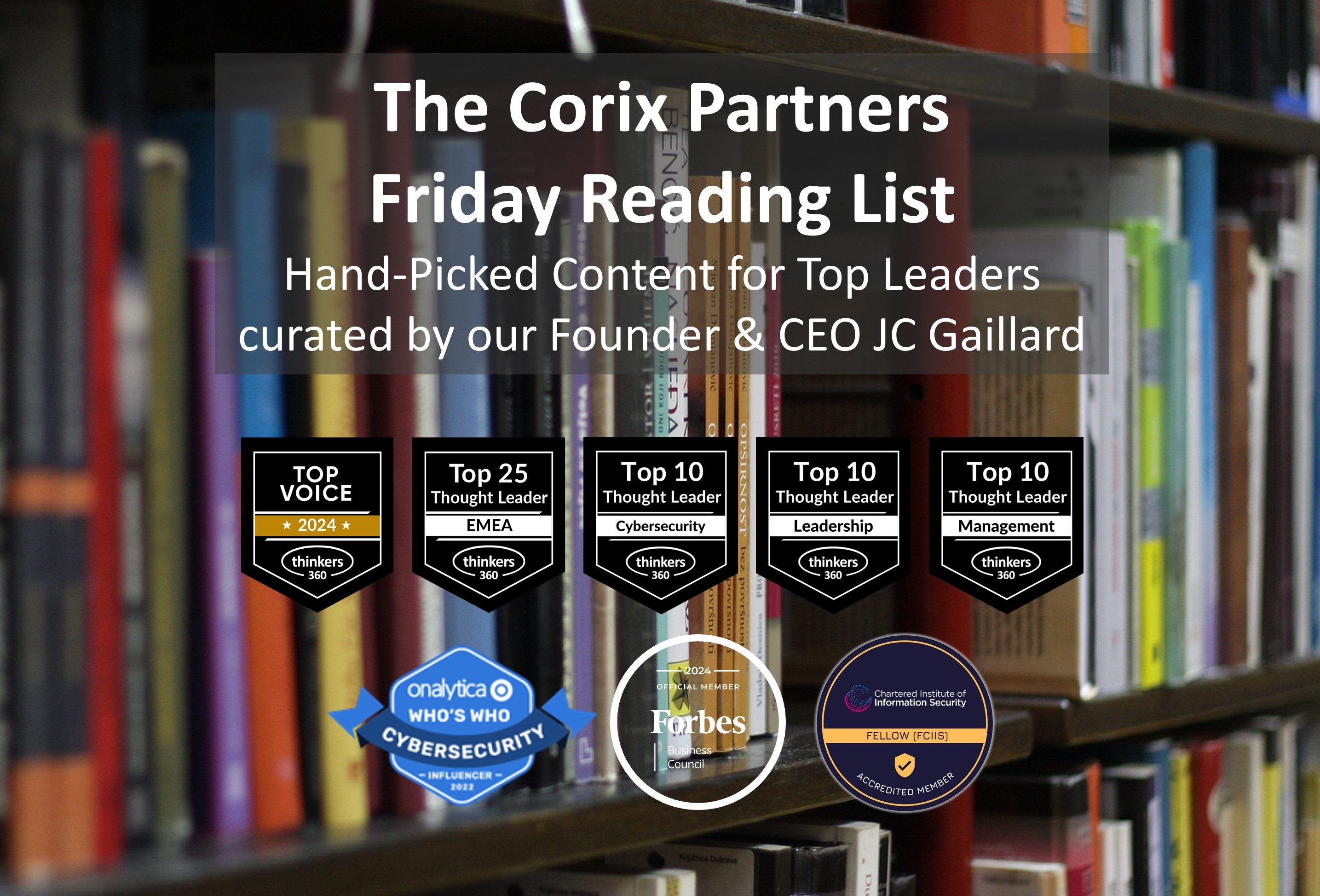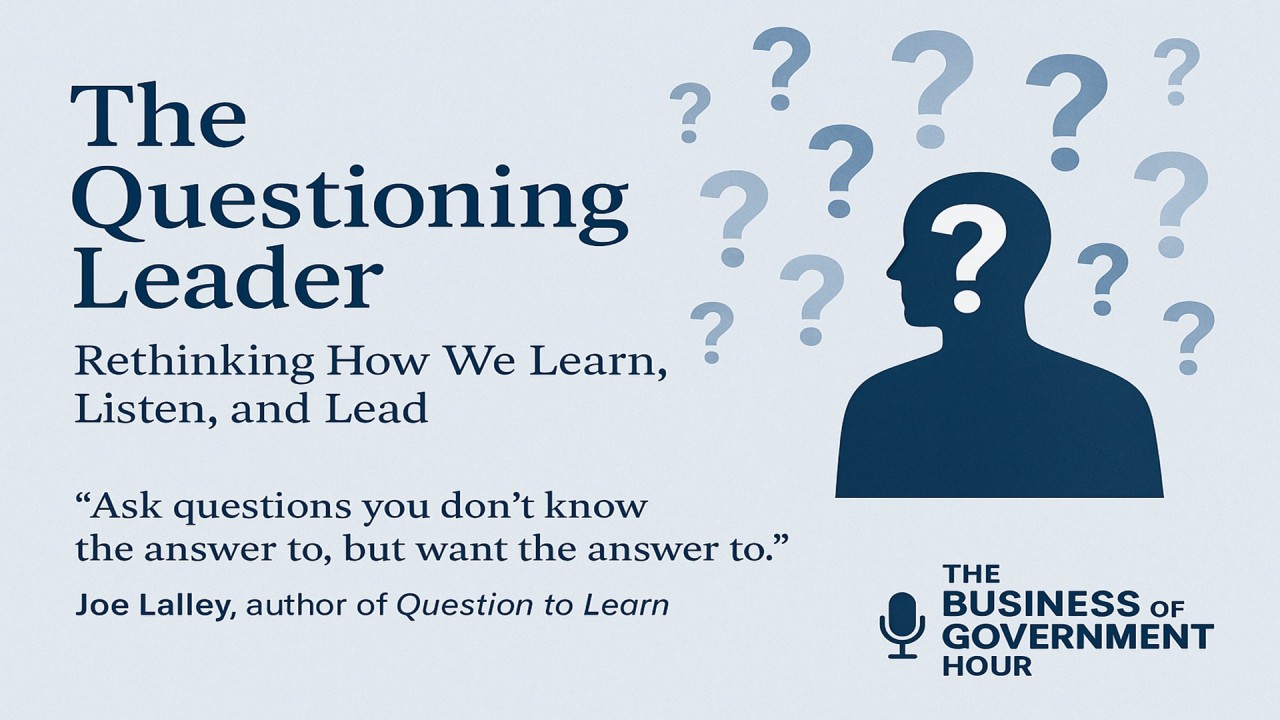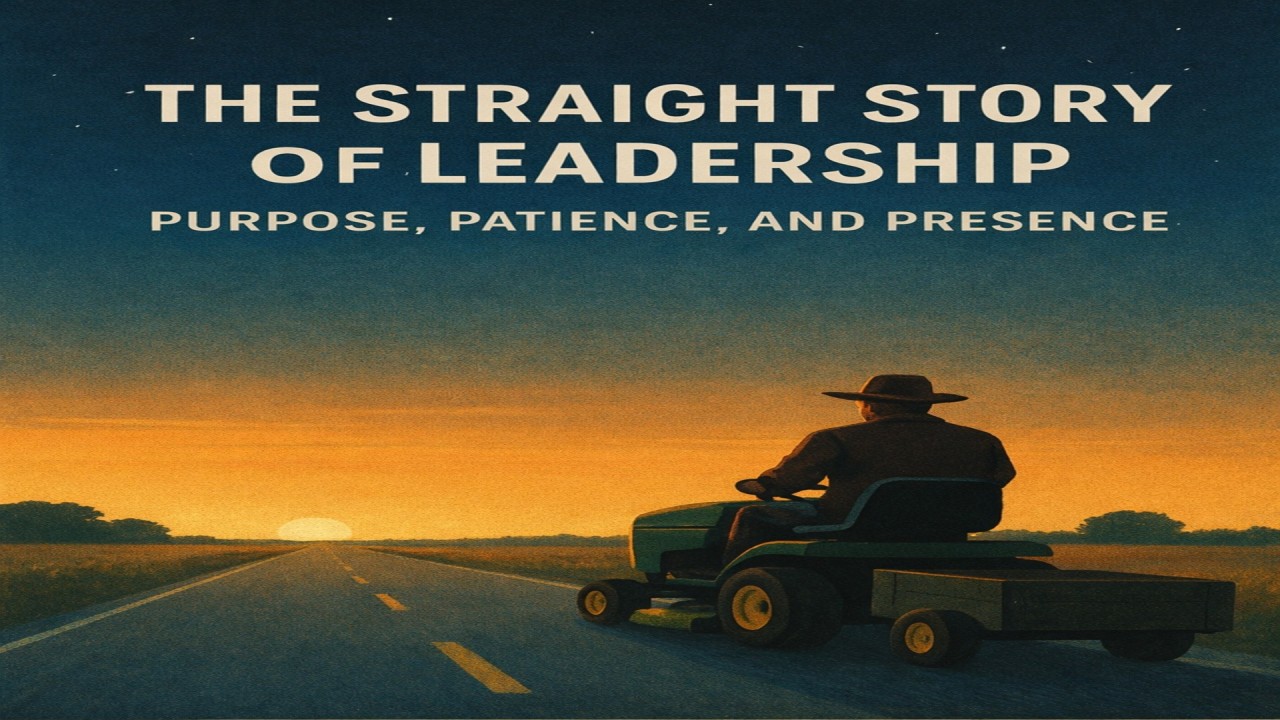Apr17

In the rapidly evolving landscape of modern manufacturing, the convergence of artificial intelligence (AI) and the Internet of Things (IoT) is not just a trend—it's a transformative movement. As host of the Sustainable Supply Chain Podcast, I've had the privilege of engaging with leading voices in this revolution. A recent discussion with Bryan Merckling, CEO of Thinaer, offered profound insights into how AIOT (the amalgamation of AI and IoT) is redefining efficiency, reducing waste, and paving the way for a more sustainable manufacturing industry.
The AIOT Advantage
The power of AIOT lies in its ability to make manufacturing processes smarter and more connected. By integrating AI's predictive analytics with IoT's network of sensors and devices, manufacturers can achieve unprecedented levels of operational efficiency. For instance, predictive maintenance, powered by AIOT, can forecast equipment failures before they occur, significantly reducing downtime and maintenance costs. According to a study by Deloitte, predictive maintenance can decrease maintenance costs by up to 10% and increase equipment uptime by up to 20%.
Moreover, AIOT enables real-time tracking and monitoring of assets, from raw materials to finished products. This visibility not only enhances supply chain efficiency but also contributes to a substantial reduction in waste. By precisely tracking inventory and production processes, companies can minimize overproduction and surplus inventory, two major sources of waste in manufacturing.
A Leap Towards Sustainability
Perhaps the most compelling aspect of AIOT is its potential to drive sustainability in manufacturing. The industry, historically known for its significant environmental footprint, is under increasing pressure to adopt greener practices. Here, AIOT emerges as a potentially powerful solution. By optimizing energy use and reducing waste, AIOT technologies can significantly lower the environmental impact of manufacturing operations.
One striking example shared by Merckling involves the use of energy-efficient sensors that monitor and optimize energy consumption across manufacturing facilities. These sensors can lead to a considerable reduction in energy waste, aligning manufacturing practices with sustainability goals. Additionally, the advent of battery-less sensors, powered by ambient energy, marks a significant step towards reducing the environmental burden of sensor technology itself.
The Road Ahead
The journey towards a sustainable manufacturing sector powered by AIOT is both exciting and challenging. Implementing these technologies requires not just significant investment but also a cultural shift within organizations. Manufacturers must embrace innovation and be willing to experiment with new approaches to production and operations management.
The potential rewards, however, justify the effort. Beyond operational efficiency and sustainability, AIOT can enhance product quality, improve worker safety, and open new avenues for innovation. As the technology matures, we can expect to see even more creative uses of AIOT, further cementing its role in the future of manufacturing.
A Call to Action
For industry professionals, the message is clear: the time to act is now. The convergence of AI and IoT offers a unique opportunity to reshape manufacturing for the better. It's an opportunity to drive efficiency, foster sustainability, and create a more resilient and flexible supply chain.
If you're intrigued by the possibilities of AIOT in manufacturing and keen to delve deeper into this topic, I encourage you to listen to the full episode of the Sustainable Supply Chain Podcast with Bryan Merckling. Gain insights from a leader working in this space, and discover how your organization can work towards a smarter, greener future.
In embracing AIOT, we're not just transforming manufacturing; we're taking a significant step towards a more sustainable world. Let's lead the charge together.
By Tom Raftery
Keywords: AI, IoT, Sustainability
 Succession Planning is Hard because it’s Identity, Structure, and Systems All at Once
Succession Planning is Hard because it’s Identity, Structure, and Systems All at Once The Corix Partners Friday Reading List - February 13, 2026
The Corix Partners Friday Reading List - February 13, 2026 The Questioning Leader: Rethinking How We Learn, Listen, and Lead
The Questioning Leader: Rethinking How We Learn, Listen, and Lead The Straight Story of Leadership: Purpose, Patience, and Presence
The Straight Story of Leadership: Purpose, Patience, and Presence Coherence Is Not Culture — It Precedes It
Coherence Is Not Culture — It Precedes It